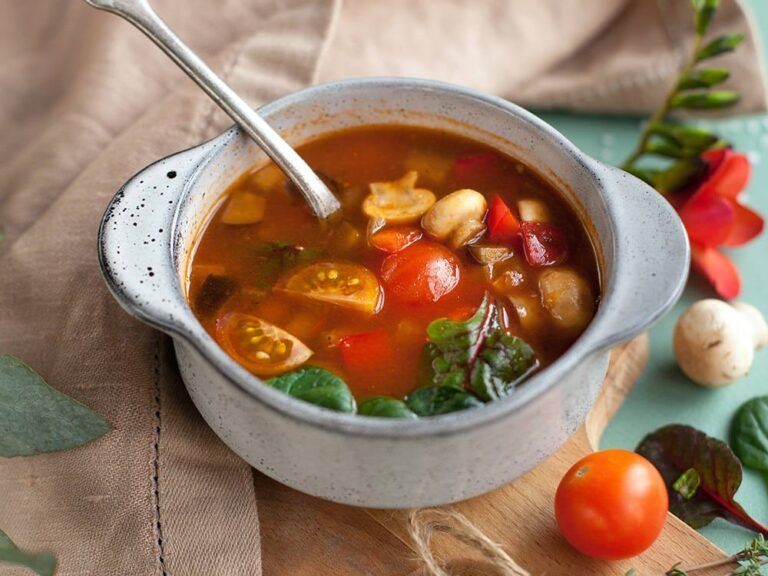manger de la vache enragée
The French idiom “manger de la vache enragée” literally translates as “to eat of the enraged cow.” No, it doesn’t have anything to do with Mad Cow disease. In fact it means “to live in misery, to have a difficult material life, or to lead a life of deprivation.”
The saying dates from the 17th century. In those days, it was written “manger la vache enragée,” without the “de” that it now has.
It meant that very poor people were obliged to eat animals that were less healthy than normal.
Some native French speakers misunderstand this expression and misuse it. They may think it means “to be very annoyed or excited,” or “to be in a bad mood.” That is not true, however.
The nearest equivalent English sayings are “to live hand to mouth” or “to have a rough time of it.”






